Are you willing to sponsor?
Are you ready to explore the transformative power of athlete sponsorship for your brand? Click here to learn more about how sponsorship can help brands grow and thrive in the exciting world of motorsports.
By Emanuele Venturoli| Posted December 15, 2014 | In Formula1, MotoGP, Sport News, Sport Sponsorship, Sports Marketing
When Lewis Hamilton won the 2014 BBC Sports Personality of the Year awards in Glasgow, beating bookies favourite and World Champion golfer Rory McIlroy, many were confused and upset. Fans and Sports stars alike took to Social Media sites to express their disapproval at the outcome.
Unquestionably, all of the nominees in Glasgow have to be admired for not only their sporting prowess, but also for the sacrifices that they have made in order to get where they are today. 3rd placed athlete Jo Pavey for example accomplished an incredible feet after taking bronze at the 5000 metres at the Commonwealth Games and, days later, the gold medal in the 10,000 metres at the European Championship, all whilst recovering from having given birth just 10 months beforehand; never mind the fact that she became the oldest female European champion in history at the age of 40 years and 325 days. I shall not be delving into the murky waters of whether Hamilton, McIlroy or any of the other nominations for the award deserved to win the award however, purely because of the fact that the award is nothing more than a popularity contest – which Hamilton won by 209,920 votes, 86,175 votes more than 2nd placed McIlroy – rather than a vote for the most talented. Instead, I will instead be concentrating on a particular criticism that has come up in reaction to Hamilton’s win:
The lead criticism of the outcome of the Sports Personality of the Year vote seems to be that many consider Formula One not to be a sport, as you can see in these 6 examples of thousands and thousands of tweets regarding the event. Of course this is not the first time that this issue has been bought up. Many people make the mistake of associating Motorsport with the everyday act of driving on the road. To be honest, that is fair enough, as on the outside you may not see why Formula One, or indeed any other category of racing, should be called a sport. When you take a look at what processes go on during the act of driving a Formula One car however, you will see why it really does take an athlete in order to not just compete, but simply just to get to the end of the race in one piece.
The key way to define an activity as a sport is to take a look at the definition of sport itself. The Oxford Dictionary defines sport as: “An activity involving physical exertion and skill in which an individual or team competes against another or others for entertainment.” There is absolutely no questioning the fact that Motorsport sees individuals and teams competing against each other for entertainment, which leaves it down to whether Motorsport requires physical exertion.
2009 Formula One world champion Jenson Button once said, “To understand the intensity of driving an F1 car, you have to be in it. When you’re driving a 750hp machine at 200mph, the noise and the vibrations are incredible. The G-force when you take big corners is like someone trying to rip your head off. You hit the brakes, and it feels as if the skin is being pulled off your body.”
One point that Jenson makes highlights what is possibly the most difficult aspect of driving a Formula One car: the G-Forces. The intense development of aerodynamics has meant that now drivers are taking corners at insane speeds. The G-Forces involved when accelerating, braking and turning at such high speeds puts a massive strain on your neck muscles. This means that drivers have to put massive emphasis on training their neck muscles to be able to last 2 hours of constant forces. You can see in the picture above that in training, drivers simulate these forces by pulling heavy weights attached to their helmets.
The sheer speed of Formula One cars these days also mean that drivers have to be able to make split second decisions. You may think this means that they have far better reaction times, but that is incorrect. Human beings have pretty similar reaction times, but what differentiates Racing drivers is that they have a greater sense of anticipation. MIchael Schumacher once commented that if you are reacting to an event that has already happened it is too late, so you need to be able to pre-empt what is going to happen.
These previous two points are expertly demonstrated by Richard Hammond of Top Gear. You may recall that Hammond was quoted as saying that it couldn’t be that hard to drive a Formula One car. So to challenge this, the Renault Formula One team set him the task of driving the 2005 car that took Fernando Alonso to the first of his two world championships. For those of you who haven’t seen this, or those of you who just want to see it again:
Video courtesy of BBC Top Gear on YouTube.
Formula One drivers also have to cope with the conditions in which they need to drive. The constant G-Forces make driving the car difficult enough in standard weather conditions, but add to that the extreme heat of the Bahrain desert or the sodden wet conditions of the 2014 Japanese Grand Prix and driving becomes even more of a superhuman effort. In the hotter races, drivers can lose up to 3kg of body weight through sweat, which is a lot considering that drivers such as Felipe Massa only weigh 59kg. Premiership footballers are thought to lose about 1kg in a 90 minute game. Yes that does seem to suggest that footballers are fitter and can cope better, but they do not face the sheer intensity of different conditions and forces that a racing driver does.
All of these factors combined mean that F1 drivers need extreme cardiovascular fitness in order to be able to remain at their peak level of performance on every lap of a 2 hour race. Their levels of fitness are so good that it is not surprising that drivers such as Button take part in Triathlons during the Formula One off-season for ‘fun’. You can take a look at an example of an F1 driver’s levels of fitness in this YouTube video courtesy of GSK human performance lab where Jenson Button takes on London 2012 Olympic medallists Alistair and Jonathan Brownlee:
This level of fitness that Formula One drivers possess, as you can see, isn’t just impressive, it is comparable to Olympic athletes. So why is it that the Olympics is considered the pinnacle of sports and yet Formula One is called into question? Yes, Formula One does involve having a good car in order to win. Take the Mercedes WO5 that won Lewis Hamilton the drivers’ championship and Mercedes AMG Petronas the Constructors’ trophy; the car was unquestionably the best on the track. However, to quote a somewhat cliché phrase sports, it isn’t about winning it’s about taking part. This can be made to fit this topic. Yes Hamilton may have had the advantage of being in the best car, but it still takes a supreme level of fitness in order to be able to take the car to victory.
Yes, I am a Motorsport fan. I very much prefer Formula One as opposed to Football or Golf, but from a completely unbiased view you have to say that Formula One, and motor racing as a whole, deserves it’s title as a sport. The sheer level of fitness and physical aptitude required to be able to race a Formula One car must mean that those who take part in it are athletes considering that some other sports require much less. Hopefully I have proved that Formula One is almost certainly not just motor racing, but motor SPORT.
Are you ready to explore the transformative power of athlete sponsorship for your brand? Click here to learn more about how sponsorship can help brands grow and thrive in the exciting world of motorsports.

A graduate in Public, Social and Political Communication from the University of Bologna, he has always been passionate about marketing, design and sport.
The online platform where you can discover the latest trends, strategies and insights from the exciting world of sports marketing.
View our blog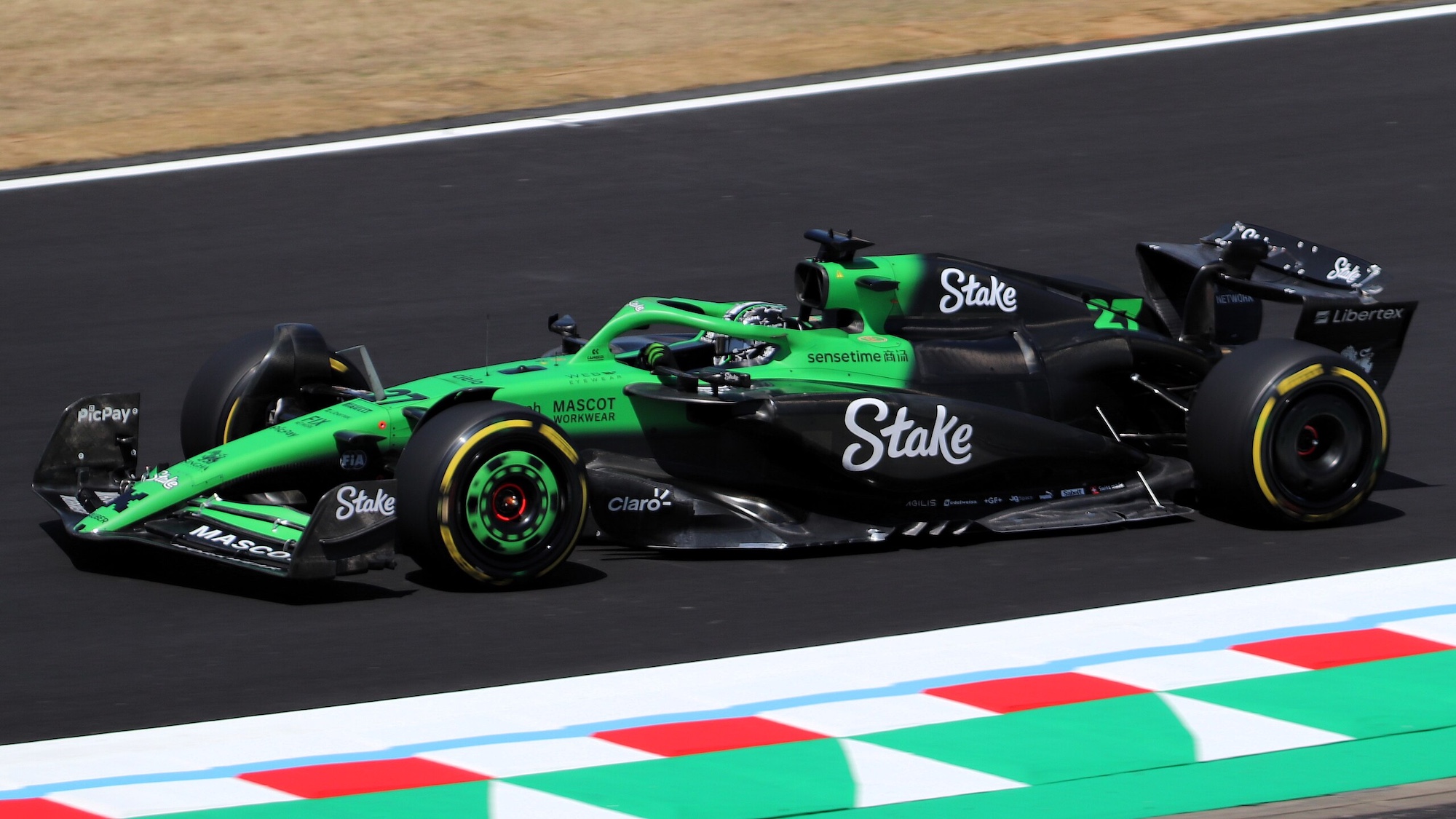
July 18, 2025
When Nico Hülkenberg finally stood on the F1 podium at Silverstone, it capped a staggering 239‑race wait—equivalent to 5,593 days since his debut in 2010. That mark now tops [...]
Read More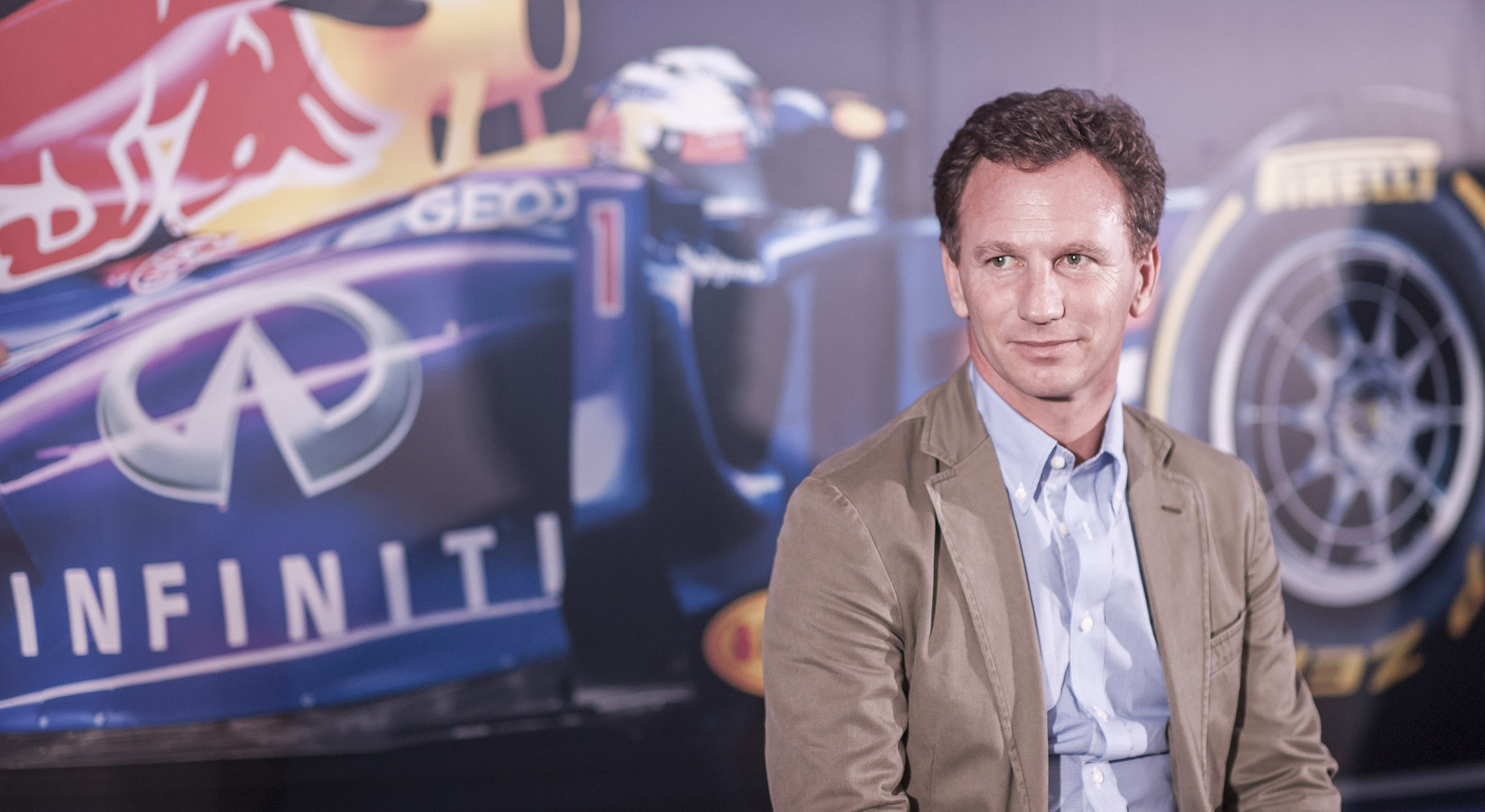
July 9, 2025
July 9, 2025, will go down as one of the most dramatic days in modern Formula 1: Red Bull Racing unexpectedly announced that after twenty years in charge, Christian Horner would step aside as[...]
Read More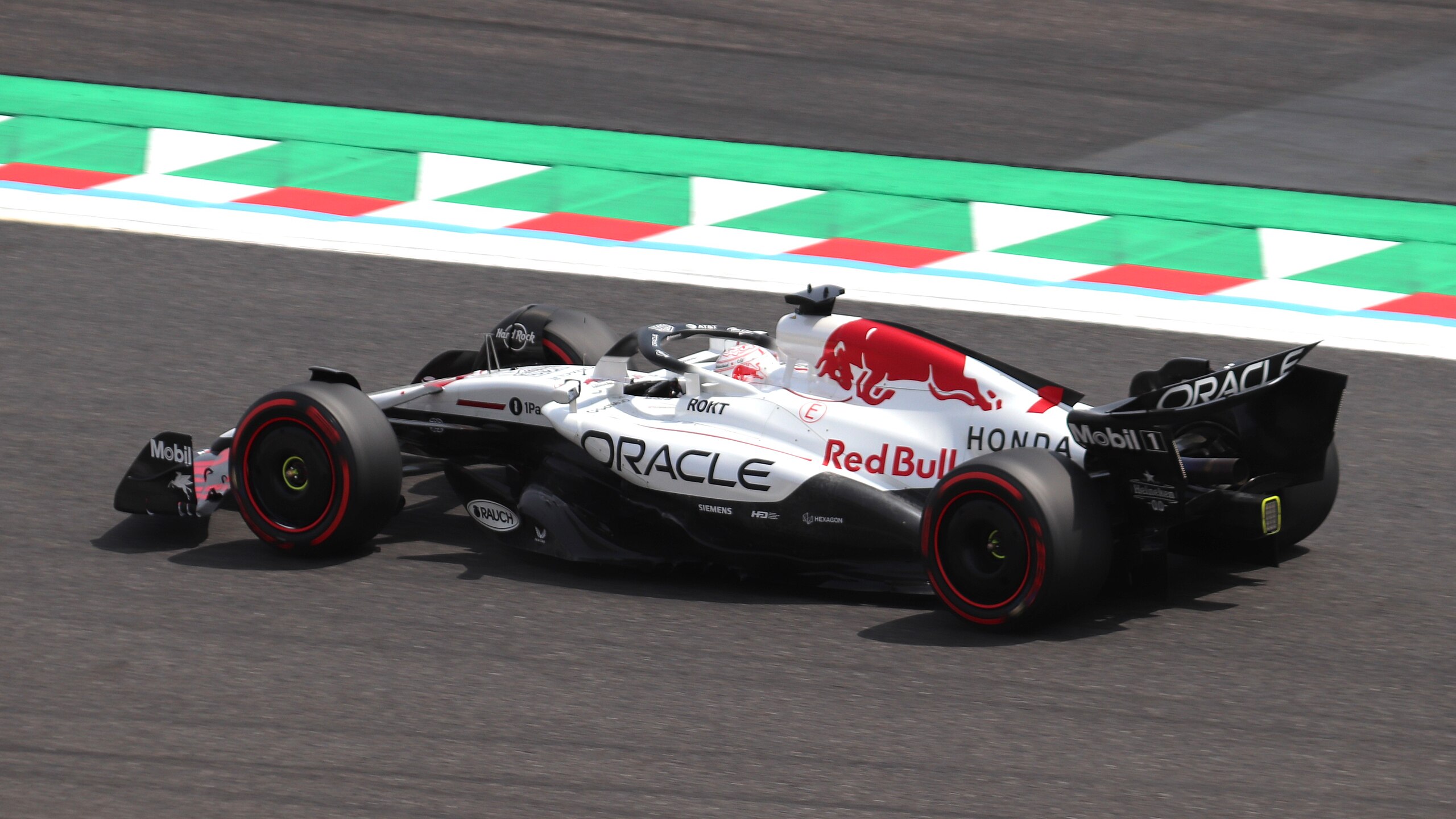
July 4, 2025
When, in 1950, the Formula 1 kicked off at Silverstone, no one could have predicted that, 75 years later, it would become much more than a sport. Today, F1 is a global phenomenon, a cultural,[...]
Read MoreIn an era where it is possible to get anywhere with a click, there is a strong temptation to approach teams and properties directly for sponsorship projects.
By doing so, we are convinced that we are shortening the value chain, saving time and money. However, these DYI methods are anything but risk-free and what initially appears to be a competitive advantage soon turns into a problem that is difficult to resolve. That’s why there are agencies. And this is why you should rely on us for your sponsorships.
When first approaching a motorsport sponsorship project, it is difficult to know immediately which stakeholders are correct, what the decision flow is, and what the right timelines are for each process. Motorsport is a very specialized field of action, and fitting effectively into its paths can take a lot of time and therefore money. We, on the other hand, know referents and spheres of action and know who to talk to, when and how. So you are also more effective.
Motorsport is an immense passion, and for our heart colors we would be willing to do anything. But business is a different business, and it is important to make the best possible strategic decisions based on independent research, statistics and reliable data. A motorsport sponsorship agency like RTR has an objective, 360-degree picture of the scenario and can tell you what is really best for you: which racing series, which athlete, which team. This is because we possess a great deal of data and information on ratings, segmentation and attitudes. Because the numbers don’t lie. Never.
Activations are the real heart of motorsport sponsorship. Without them, there remains only a blank sticker on a motorcycle, car or uniform and no contact with the public, no emotional connection, no impact on the bottom line. Then how do you do it? It certainly won’t be the teams or the athletes who will help you leverage sponsorship and enjoy the many marketing rights you have paid for. To bring out the best in a motorsport marketing project, you need an agency that knows how to use sponsorship to engage the fanbase online, to reach out to Shopping Centers, to organize hospitality, to develop B2B and B2C opportunities, and to get “your” athletes in front of millions of potential consumers.
Would you ever go to the dealer who sold you the car and ask if the competitor’s car is better? No, of course. So, how do you expect to get firm measurements of the effectiveness of your sponsorship if you do not rely on someone super partes? At RTR, we have always worked with independent third-party agencies that allow us to know the return on any exposure of your brand on TV and in the media. In addition, we believe in calculating ROI as the ultimate measure of your success-so we can tell you for every penny you spend how much you are making.
We have been involved in motorsport sponsorship and sports marketing for more than 15 years. We are consultants in the sense that our goal is to maximize your investment, but we are also an agency that manages the project from start to finish. We have been doing this since 1995 with passion and professionalism, following three principles that have become cornerstones of our business: independence, verticality and transparency.
I would like to highlight the fact that one of the qualities of RTR is its great ability to approach the sponsorship scenario strategically, together with its passionate attitude, its amazing enthusiasm for solving problems, and its high level of professionalism.
Gianluca Degliesposti
Executive Director Server&Storage EMEA
Eurosport is truly delighted with its business relationship with Riccardo Tafà, who has become extremely popular, thanks to his detailed knowledge of the sports marketing sector and his highly diligent attitude to work.
Francois Ribeiro
Commercial Director
Passion and Expertise are the features that I have found in RTR since the very beginning. Serious and reliable professionals but also very helpful, nice and open-mind people, willing to listen and compare different ideas. All the values in which RTR believes make this agency a partner, not just a supplier, a partner with whom we have had the opportunity to achieve significant commercial results in term of success and image.
Luca Pacitto
Head of Communication
We have been working with RTR Sports Marketing for over 10 years. The objectives and the programmes of collaboration continue to be renewed and to grow with mutual satisfaction. I believe RTR is a team of great professionals led by Riccardo Tafà, who I consider a manager of exceptional skills and with a great passion for his work.
Lucio Cecchinello
Team Principal
I have known and worked with Riccardo Tafà since 1995 when we collaborated for the first time on a project for the Williams Formula 1 team. Several clients followed. After leaving Williams to work for Gerhard Berger then owner of the Toro Rosso F1 Team, I turned again to Riccardo to seek his help in finding a tool supplier for the team and Riccardo duly obliged with an introduction to USAG, a partnership with Toro Rosso which endured for five years. I recently started a new role as Group Commercial Director for the renowned Andretti Autosport organisation and I find myself working with Riccardo once again on a number of interesting projects. Why has this relationship with Riccardo endured ? He’s smart, knows the commercial side of sport inside out and back to front and he’s honest and trustworthy. Riccardo Tafà is a “doer” not a “talker”: in over 20 years I have never had a dispute either with him or with a company that he has introduced and each partnership introduced by Riccardo has delivered quantifiable ROI to rights holder and sponsor alike. I can think of no better testimonial of Riccardo’s diligence, knowledge, contact base and hard work than that.
Jim Wright
Group Commercial Director
The online platform where you can discover the latest trends, strategies and insights from the exciting world of sports marketing.
View our blog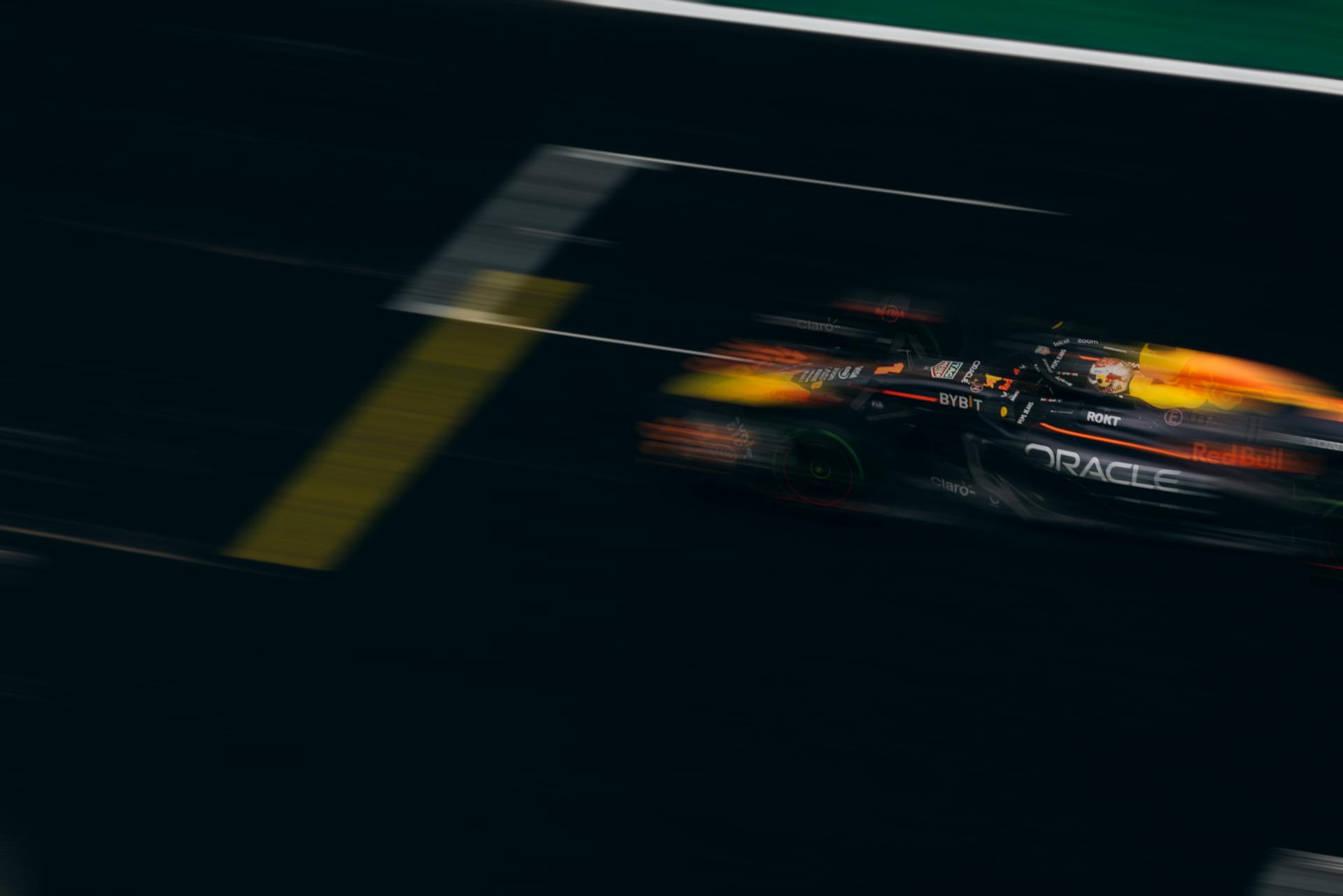
August 4, 2025
Marketing in motorsport racing is not just about stickers on a car. It’s about stories, speed, and strategy. From Formula 1 to MotoGP, from Le Mans to IndyCar, motorsport offers a uniqu[...]
Read More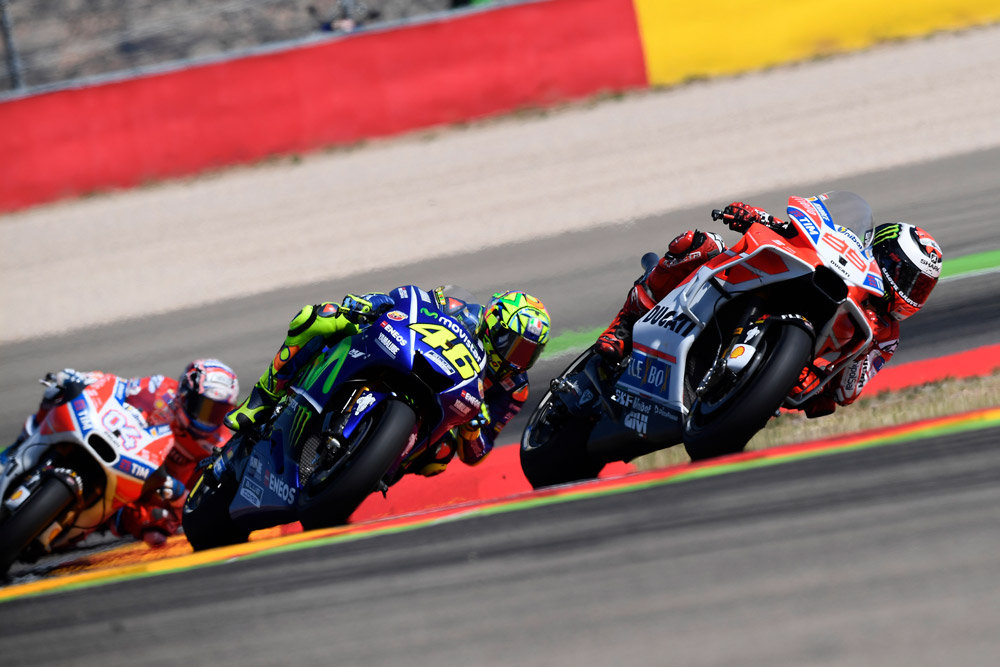
August 1, 2025
“Offering sponsorships”, “looking for sponsors”, and “companies interested in sponsoring”. These are just a few of the many searches made every day by team[...]
Read More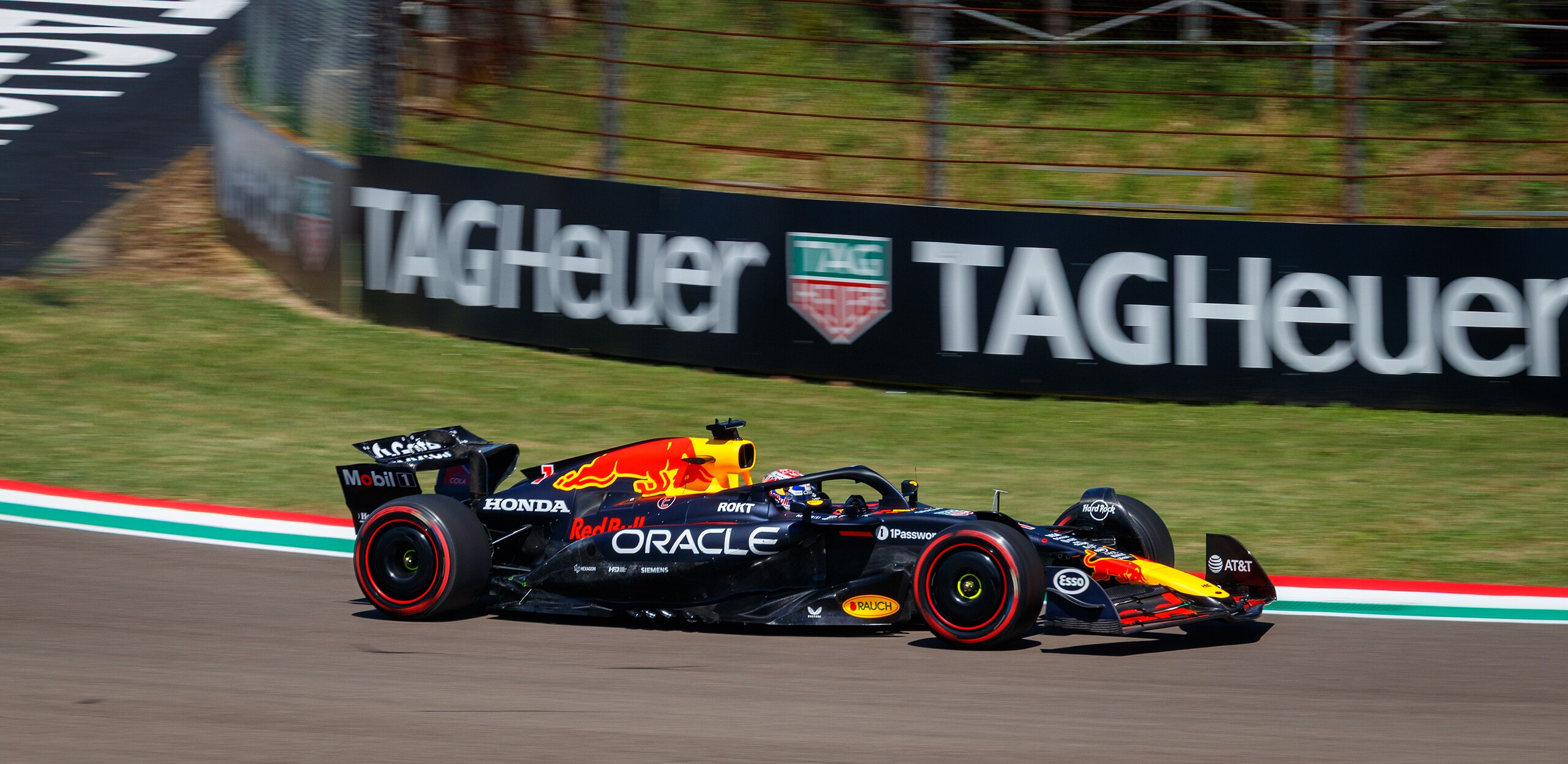
July 28, 2025
Red Bull Racing’s sponsors: A winning system With an extraordinary sequence of successes in recent seasons, Oracle Red Bull Racing has also established itself as one of the benchmark te[...]
Read More